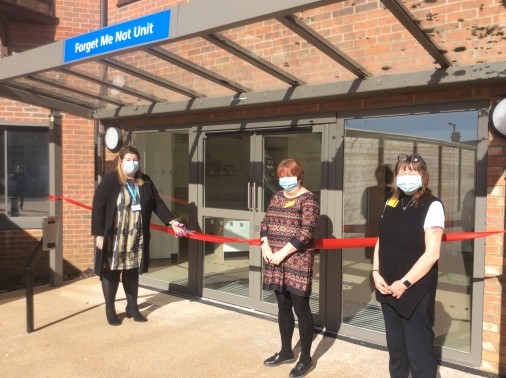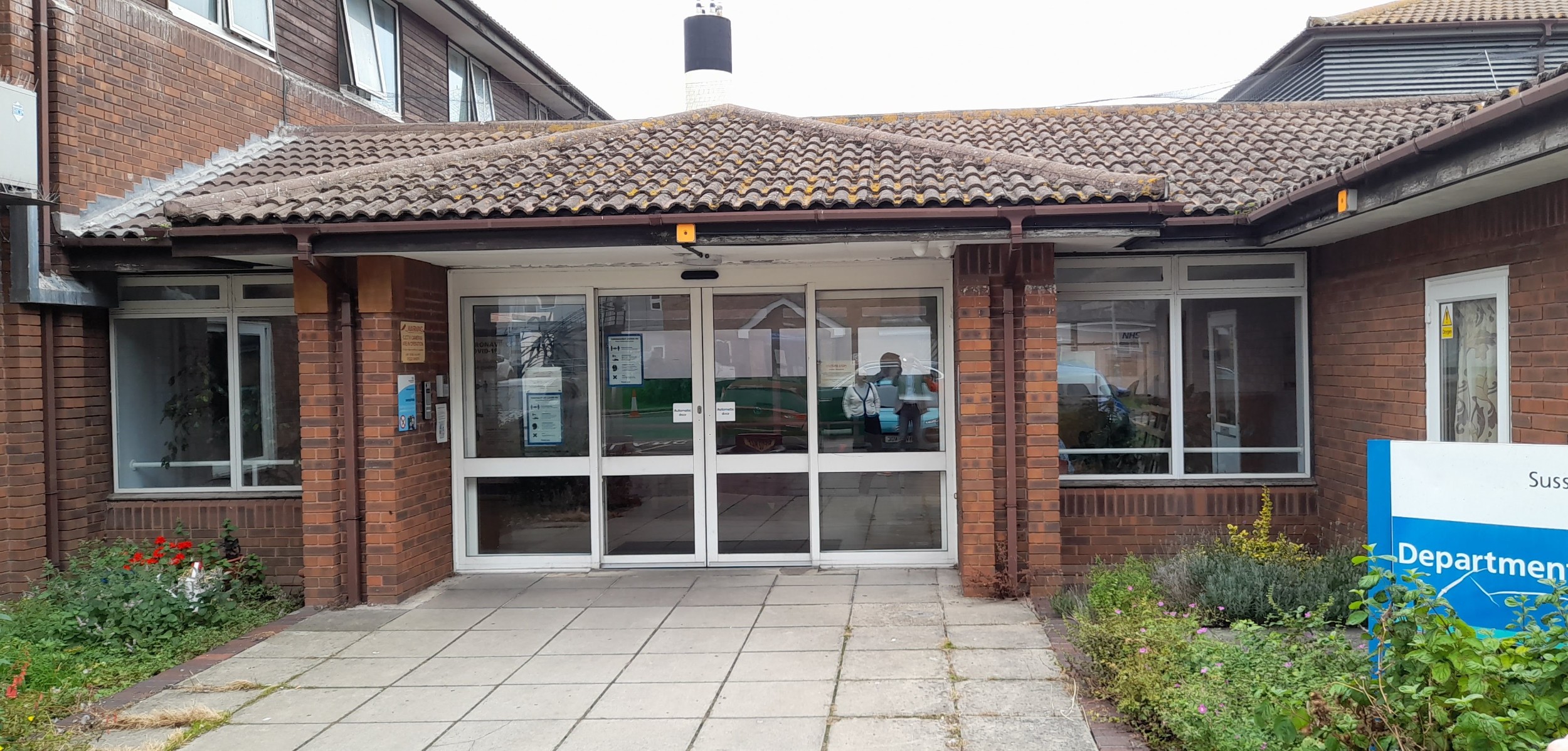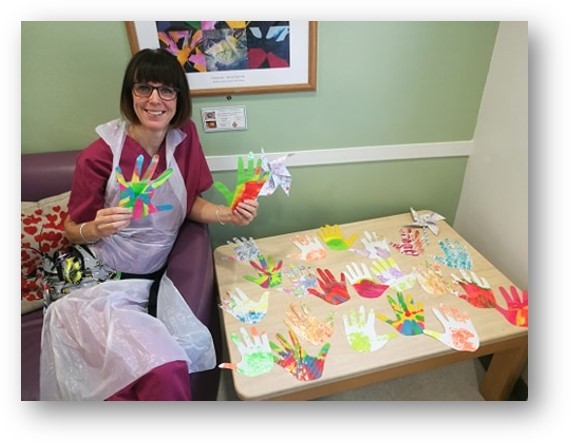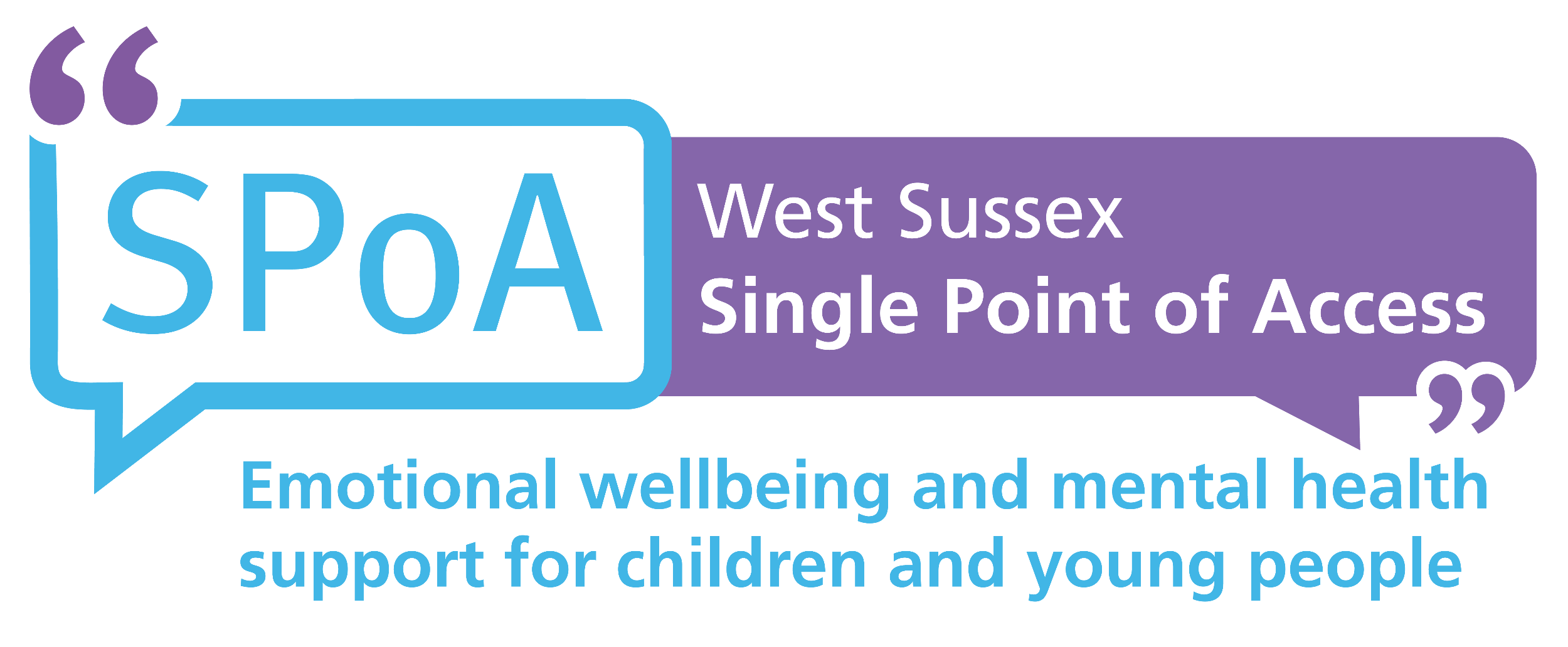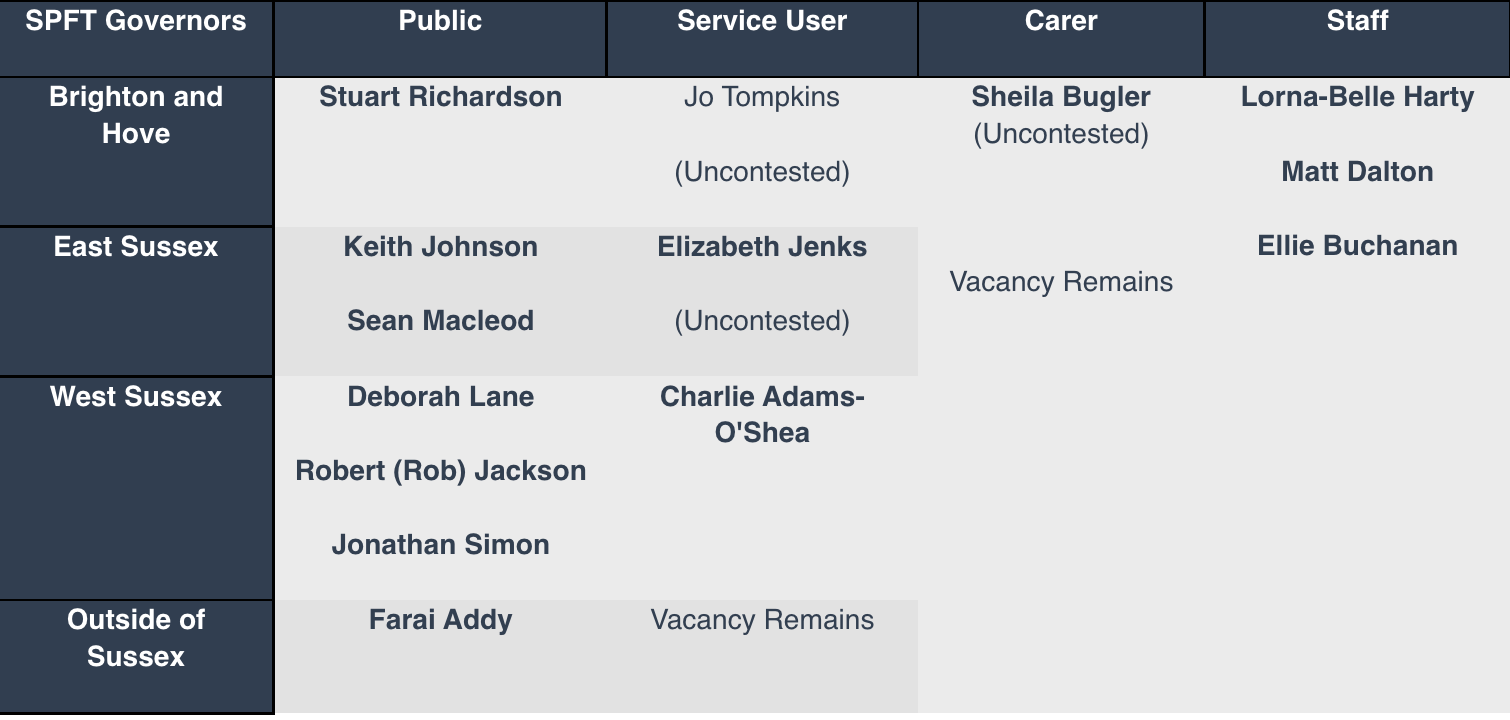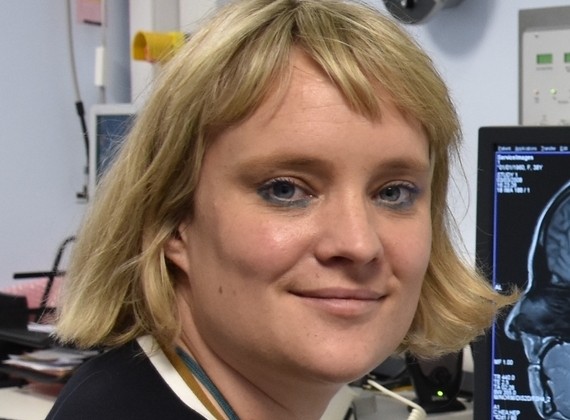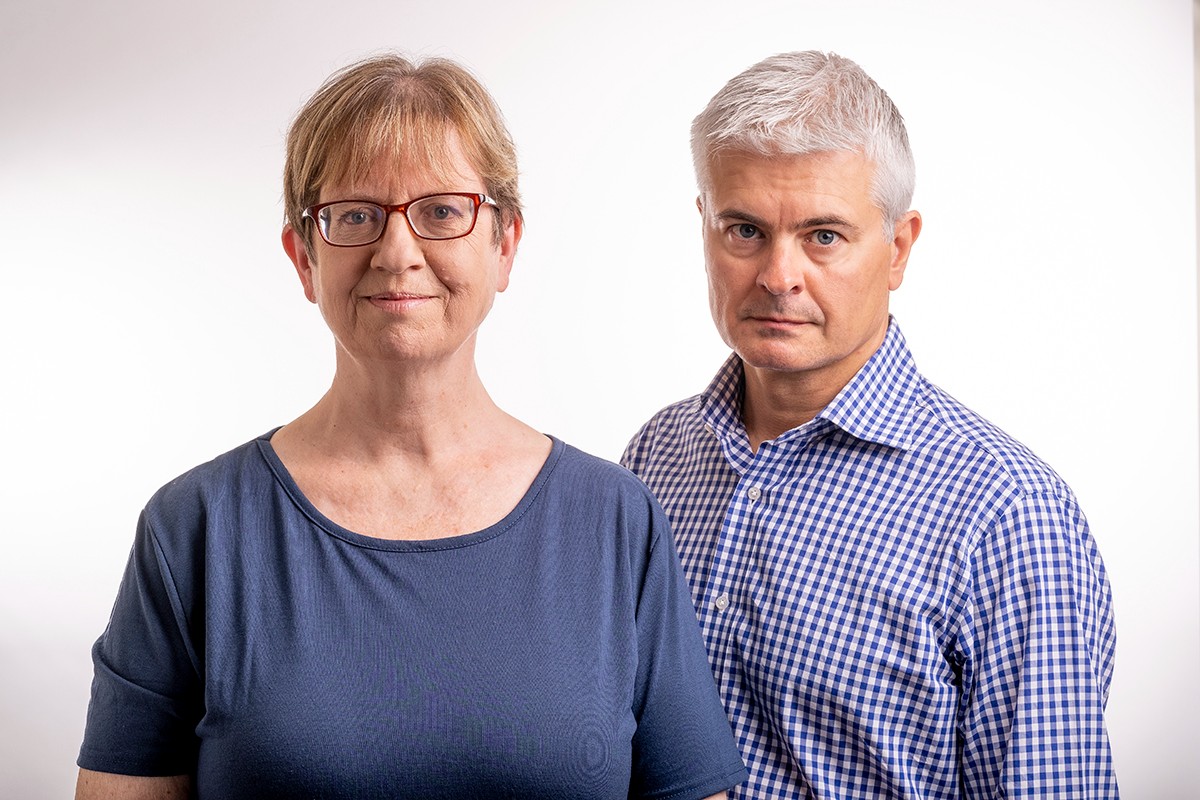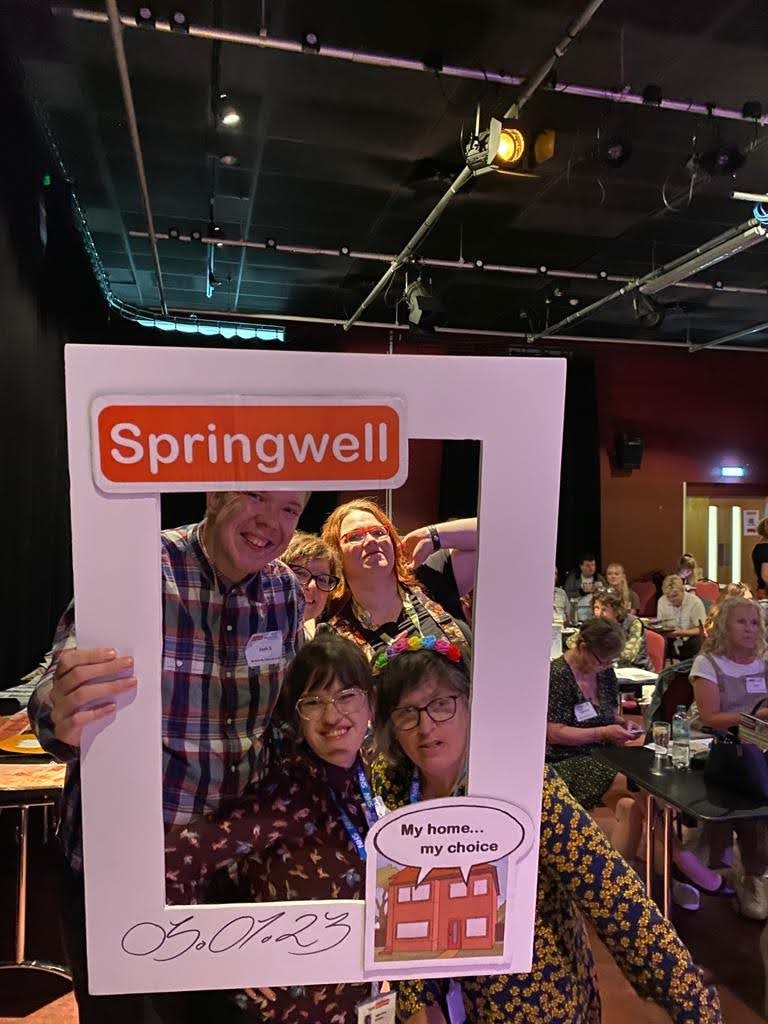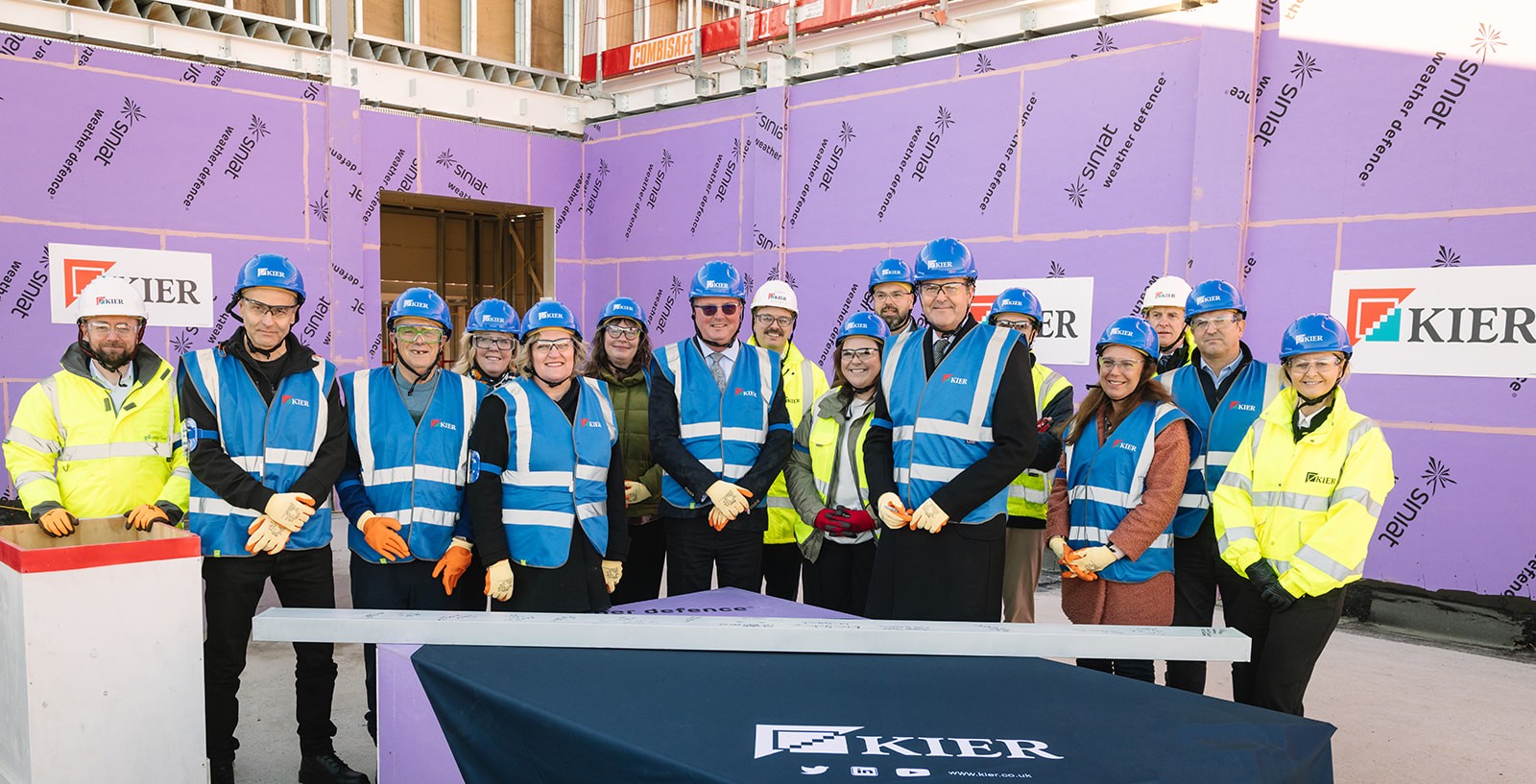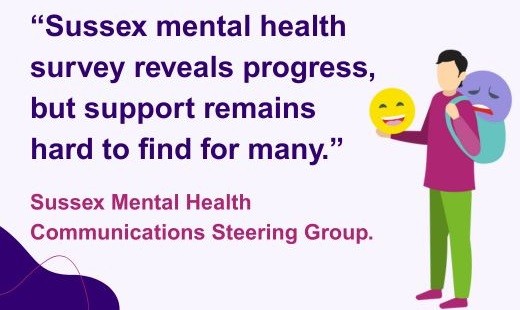
New approaches are improving housing and mental health outcomes for people
The lives of patients with mental health problems are being transformed by new ways of working.
Sussex Partnership NHS Trust (SPFT) is leading one of the first initiatives in the country that directly tackles accommodation issues and homelessness by integrating new housing roles into clinical teams.
There is growing evidence and awareness linking poor-quality housing and homelessness to negative short and long-term mental health outcomes. Not having the right housing can be a huge challenge to mental health recovery and result in individual's mental health needs being met in inappropriate locations, such as inpatient mental health wards or emergency care settings.
Sussex Partnership co-produced these new ways of working with people using services, local authorities and voluntary sector partners, and they are now a core part of our clinical mental health teams.
These new processes help our clinical teams to quickly identify housing and homelessness needs as soon as people come into contact with our adult mental health services. A new team of housing specialists, located with our local authority housing partners, then work alongside people with housing needs to deliver housing advice, support, and interventions that prevent or relieve homelessness.
Chris Harris, Associate Director of Housing for Sussex Partnership, said: "Having access to good quality housing is a fundamental foundation for positive mental health and emotional wellbeing.
"One of the key objectives of our housing strategy is to embed housing expertise across our mental health services. To deliver this we have created a Housing Needs Triage process to help our frontline staff identify housing needs as early as possible during our core care planning.
"We have also recruited housing staff into our transformed community mental health teams who provide expert housing advice and input to people at the earliest possible point of their treatment and created systems that record useable housing data that shapes our future plans."
The impact of the new housing specialists has been apparent during the first six months of operation, with 251 people getting new accommodation or supported to retain their existing housing, and housing related delays to discharge reduced by more than 50 per cent.
Peter Molyneux, Chair of SPFT, said: "We are incredibly proud of this work. We are already seeing positive results including people's housing outcomes significantly improving. Through partnership work we are helping to jointly prevent homelessness and far fewer people are using inpatient services because they have an appropriate place to live."
The new approaches are directly responding to our service user’s needs as we transform our community mental health offer to deliver more coordinated ways of working in partnership that focus on preventing crises wherever possible.
This work has been highlighted as an example of best practice in a new report by national homelessness charity, Crisis, and Pathway, the UK’s leading homeless and inclusion healthcare charity.
Arun Council is one of the partners of the project. Jayne Knight, the council's Housing Options manager, said: "I am grateful that our team has been one of the pilot authorities partaking in the initiative. The outcomes are clear - shorter stays in hospital, quicker discharges and less clients with mental health conditions in temporary accommodation. "Both SPFT and Arun Housing Options have benefitted from the housing worker roles, but most importantly, so have the clients of both services.
"Having a stable home environment leads to better long-term engagement with mental health support and recovery."
Case study:
Cate is a community patient who was referred to the mental health crisis team suffering from acute anxiety and suicidal ideation. Cate has previously used mental health inpatient services and the crisis team felt Cate should be appropriately cared for outside of hospital if possible. Cate's housing needs were identified during her assessment with the team and she was quickly assigned a Housing Specialist. The Housing Specialist met Cate at her home with her mental health practitioner to complete a full housing assessment and discovered that Cate was facing a court eviction hearing due to significant rent arrears. The Housing Specialist helped Cate access financial advice and maximise her income, attended court with her to prevent eviction, and agreed an arrears repayment plan with her landlord. Cate was able to keep her home, progress in her mental health recovery, avoid admission to hospital, and continue to receive housing related support to keep things on track. Without the Housing Specialist's input Cate could have lost her home, experienced worsening anxiety, and ultimately require urgent or inpatient care.
Cate said: "The Housing Specialist was very helpful throughout this process. He helped to alleviate some of the stress surrounding the court case and gave me some good advice.
"I think it's a positive thing for people struggling with their mental health as this does lead to housing issues when things become a bit too much."
Cate's Mental Health - Lead Practitioner said: "Cate has been acutely suicidal and her impending homelessness was a contributing factor. Having someone in the team who could act swiftly to stop them being made homeless has helped her feel held and supported, and most likely averted a serious suicide attempt."












